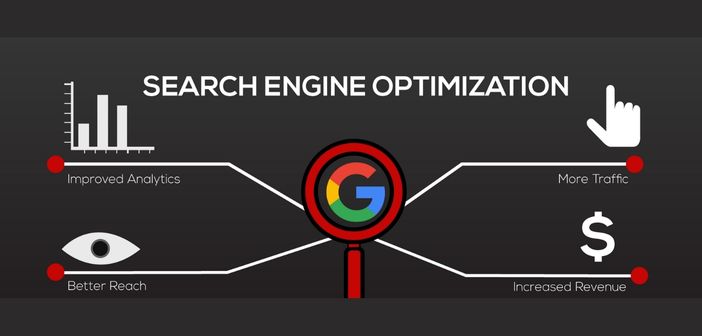Majority of website owners complain they do everything possible to up rank their websites, yet they failed to do it. Are you one of those website owners? Off-page SEO is most probably the culprit behind it. Most of us are unaware of the fact that SEO can be divided into two equally important sections: on-page SEO and off-page SEO. Let’s find out what is off-page SEO and why it is important.
What is Off-Page SEO
Off-page SEO involves any type of efforts taken outside of a website to improve its search engine rankings. Most people have the misconception that link building is what we call off-page SEO, but in reality, it is just a small part of it.
What differentiate off-page and on-page SEO?
The main difference between these types of SEO’s is how much control you have on both of them. On-page SEO is totally under your control, in other words, anything you do on your site to improve its ranking comes under the umbrella of on-page SEO. For example, selection of content and optimization of images to improve the SEO ranking comes under the on-page SEO because you have complete control over such actions on your site.
This is always not the case with off-page SEO because they are only partially dependent on you. For example, if you ask a person to link with your site, though you are doing off-page SEO it is not fully under your control. But some off-page SEO tactics are fully under your control, for example, Google My Business.
Importance of Off-Page SEO
Google ranks the pages based on a combination of factors both from on-page and off-page SEO factors. Sometimes off-page factors become more important than the on-page ones i.e. the quality of content.
Sometimes when we search something on Google, we assume that the top result would have all the worth to rely on, but when we open the page, it doesn’t contain the best of the required content yet it is ranked on the top. This happens because of the better off-page SEO tactics deployed by the top-ranked site. Therefore, never forget to deploy appropriate off-page SEO tactics.
Backlinks and Off-Page SEO
Backlinks are considered one of the most important parts of off-page SEO. Google ranks the page utilizing a particular algorithm that considers the quality and quantity of backlinks that are used for a particular web page. This whole process of using backlinks as a source to Google search is referred to as PageRank. It is one of the most important factors in page ranking from the past several years and still very effective.
Link-related off-page factors
- The number of referring domains: Having more links from unique websites not only results in higher rankings but prove an effective tool to attract more organic traffic. To check the number of backlinks of your site, Ahrefs’ Site Explorer is your best partner.
- Link From a high authority page: The quality of the links created differs greatly. Higher the authority of the linkage page better the SEO ranking because the link from a high-authority page is worth more than one from a low-authority page.
- Anchor Text: Most of the high ranked sites use a lot of clickable words in their content. These clickable words are referred to as Anchor Texts. Google mentioned in their page rank patent that they use many techniques to rank the pages and anchor text is one of those techniques.
- Dofollow and no-follow: Google only includes do-follow links to rank the pages and ignores the no-follow links. Most of the links are do-follow, but some sites like Forbes no-follow links most of the time. When you build links from other sites, make sure their outbound links are followed.
Besides these factors, No-link-related off-page factors are also important in website rankings. These factors include NAP citations, mentioning the brands, reviews, and Google my Business.




